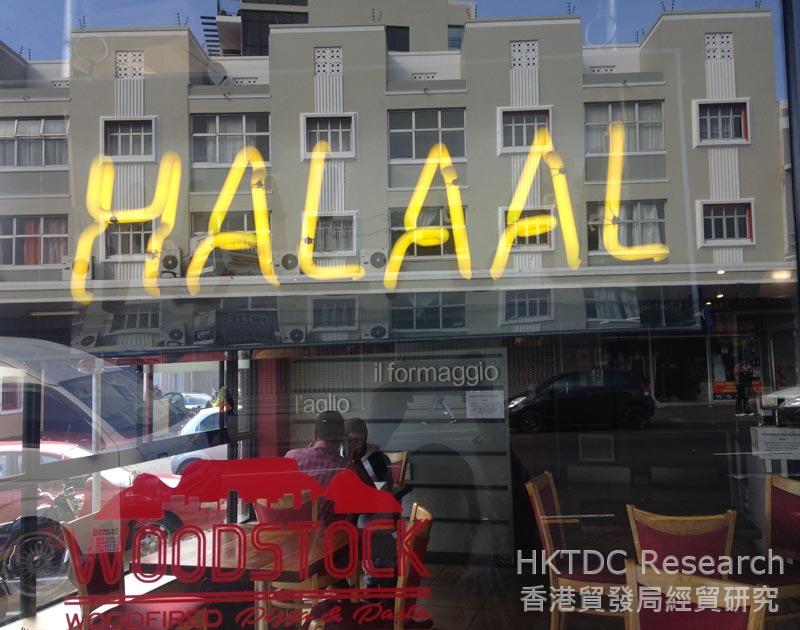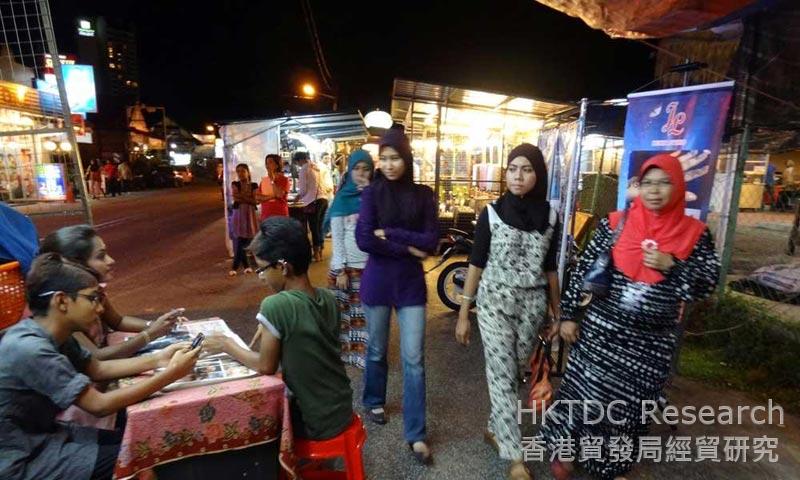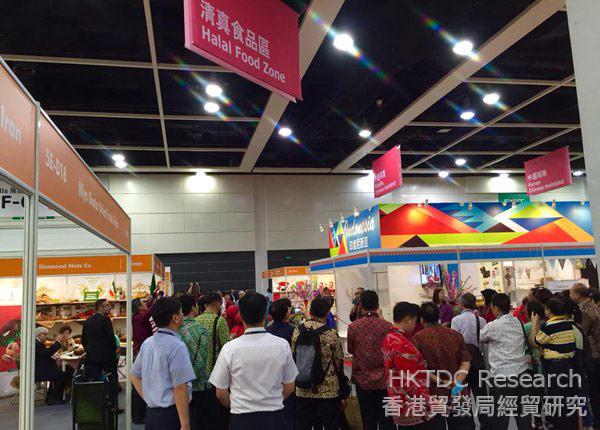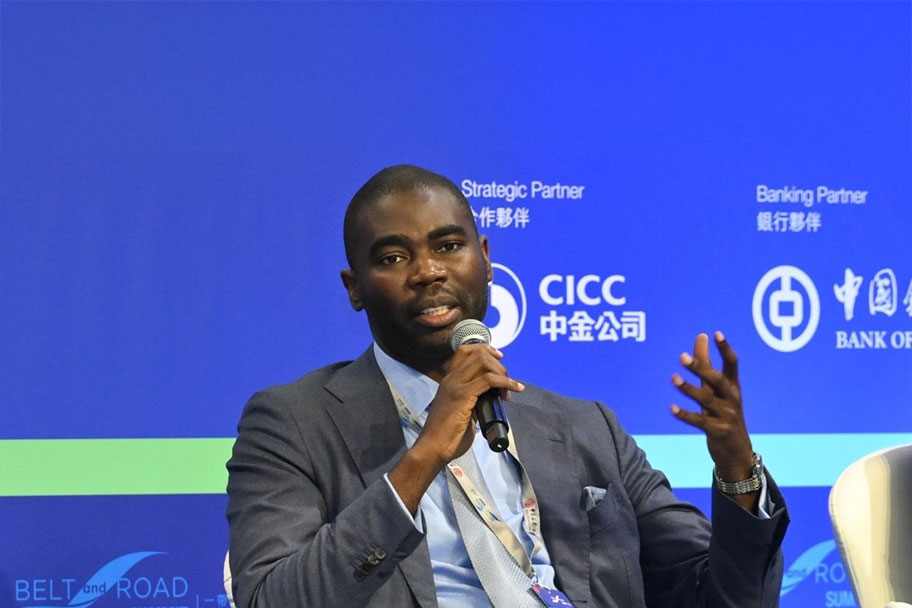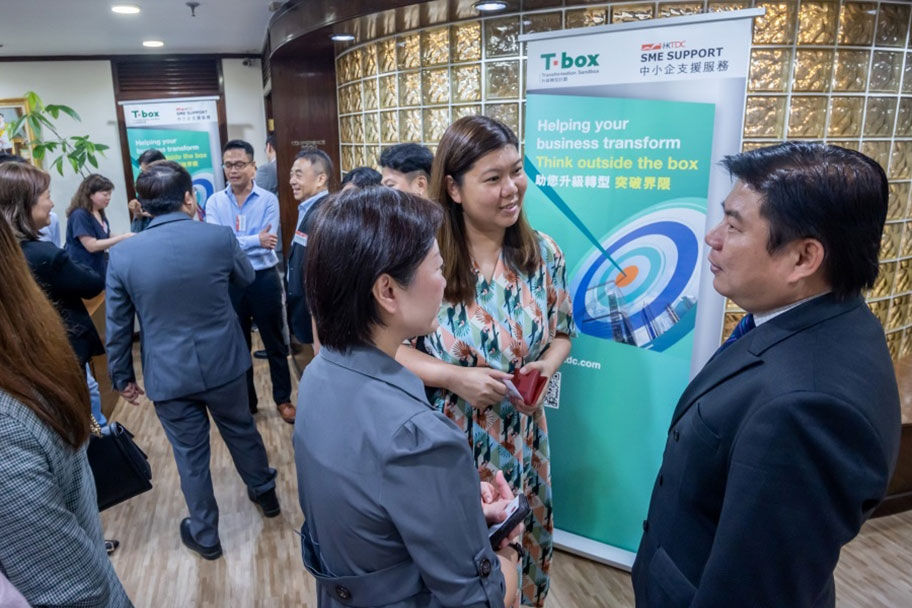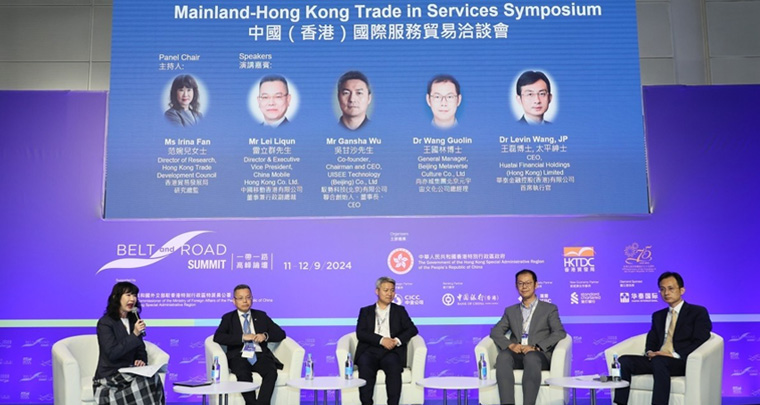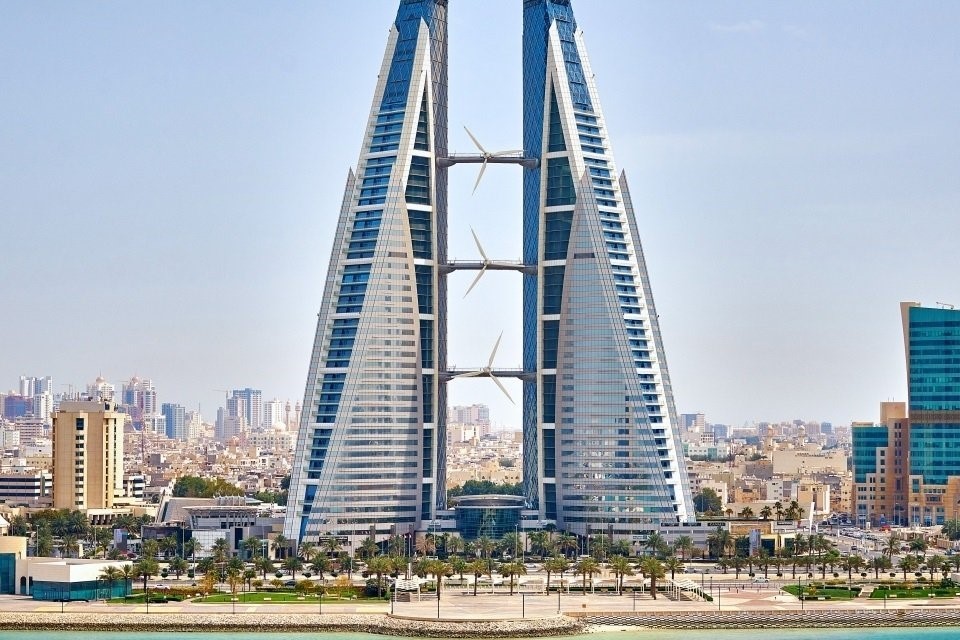South Africa Seeks Hong Kong Partners for BRI Halaal Food Distribution
South Africa Seeks Hong Kong Partners for BRI Halaal Food Distribution
With South Africa looking to take a lead in the halaal food sector, Asia is a key target for its export-orientated businesses, especially as they set out to capitalise on the numerous opportunities now being opened up by the Belt and Road Initiative.
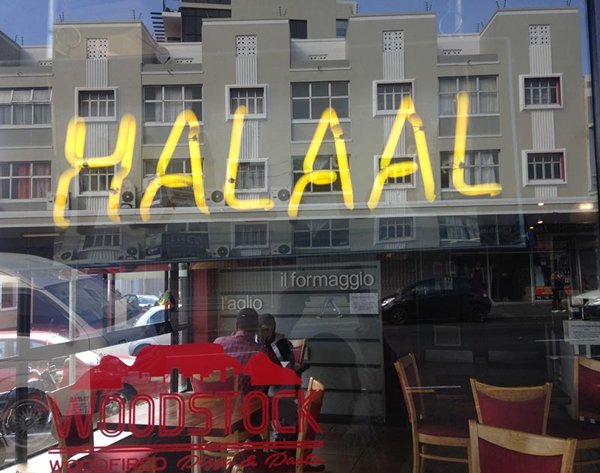
With the Belt and Road Initiative (BRI) set to transform access to markets across Asia, this is opening up new potential partnerships with African companies looking to target the continent's consumers. In particular, a number of South African halaal food producers have high hopes that Hong Kong could prove the ideal gateway for boosting their exports across the region.
By 2030, it is estimated that the global Muslim population will be some 2.2 billion in number, representing around a quarter of the world's consumers. Inevitably, this substantial demographic shift will result in an ever-increasing demand for halaal products.
Given that the global halaal food industry is estimated to be worth US$2.3 trillion, the business opportunity represented by serving the sector is clearly huge. South Africa is one of the many countries hoping to capitalise on this rapidly expanding market.
Despite its relatively small Muslim population, South Africa is one of the world leaders in producing and – importantly – certifying halaal products. The country's exporters see Asia as one of the fastest-growing markets for halaal goods – and with good reason. By 2030, it is thought that Asia will be home to 80% of the world's Muslim population.
Ebi Lockhat, a spokesman for the South African National Halaal Authority, the country's leading halaal certifying body, said: "South Africa has long had a significant number of domestic producers of halaal food. Now, though, those manufacturers are starting to become active internationally. This has seen many of them attend trade events across the Muslim world, while looking to establish a firm presence in the international markets."
South Africa's halaal production system is subject to high certification standards, ensuring its compliance with the requirements of discerning Muslim consumers. Eating solely properly-certified food is mandatory for practising Muslims, with such proof of compliance providing an assurance that all such foodstuffs have been produced in line with the requirements of Islamic law.
In line with this, plans are now in place to further enhance South Africa's position within the sector. A clear indication of this is the government-backed launch of a one billion rand (US$67 million) halaal food-processing industrial park. This new facility will ramp up South Africa's halaal food export capacity, hopefully doubling its share of the global market. At present, a feasibility study is being conducted in the Cape Town area in order to determine the optimum location for the proposed park.
When completed, the park will comprise a cluster of halaal manufacturing and service firms. South Africa's Western Cape provincial government also hopes to attract a globally recognised halaal certifying body to operate out of the site.
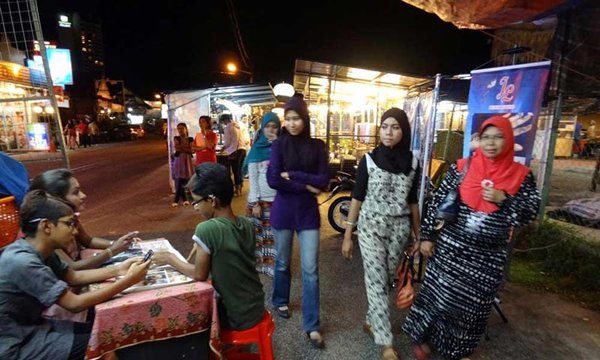
For the provincial government, growing the halaal industry is now one of its key focusses as it looks to boost growth and create new jobs in the region. Announcing the planned development of the facility, Alan Winde, the Western Cape Minister of Economic Opportunities, said: "This industry is growing at an estimated annual rate of 20%. It is one of the fastest-growing consumer segments in the world. This is why we are now looking for significant growth in the size of the province's halaal industry.
"Certification is also hugely important. In addition to developing a guide as to the current certification standards, we will work with the appropriate certification bodies in order to try and establish a single standard, one that is in line with global market demands."
The new park is being planned in collaboration with the Malaysian government, which has itself identified a shortfall in the provision of halaal food for the world's growing Muslim population. In 2015, Winde led a delegation to Malaysia in a bid to strengthen its trade links with the Western Cape region.
As a consequence, the Western Cape Fine Food Initiative, another partner in the proposed park, and the Malaysian Industry Government Group for High Technology signed a long-term co-operation agreement. It is hoped that this will foster an enduring partnership between the two countries' halaal industries.
Back in the 1970s, Malaysia was the first country to set certification standards for halaal food production. Today, these are still viewed as the global benchmark. Malaysia is also at the very heart of the Asian halaal market. It is hoped that this new agreement will see South Africa's halaal producers benefitting hugely from Malaysia's experience and reputation within the sector.
Asian/African Partnerships
China is also now looking to increase its share of the global halaal food market. This move has been partly spurred by the country's adoption of the far-reaching Belt and Road Initiative. Significantly, many of the countries along the proposed BRI routes have substantial Muslim populations.
As a consequence, China is keen to match its export offer with the needs of its Muslim neighbours along the BRI routes. In terms of halaal food, though, Chinese companies currently export less than 1% of the global total, but hope to substantially expand their share of the sector.
Despite such aspirations, though, many suppliers in China will be hampered by the poor reputation of the country's domestic food industry. This, then, leaves a clear opportunity for producers of properly-regulated and certified halaal food to work with distributors in the region.
As a key player in the BRI, Hong Kong is ideally positioned to adopt a primary role in the processing and distribution of such produce, with South Africa keen to be its supply partner. As something of an incentive, with the Rand now set to fall to an all-time low, importers can buy South African products for around 33% less than they were paying a year ago.
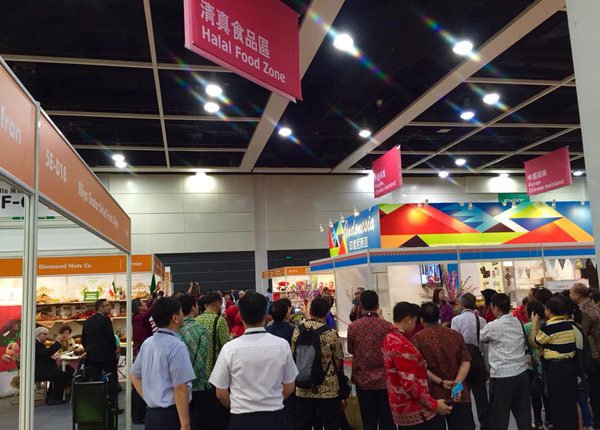
Addressing the issue of Asian/African partnerships in the sector, Nazeem Sterras, Chief Executive of the Western Cape Fine Food Initiative, said: "Countries such as Malaysia, Singapore and China are critical markets for halaal produce. ASEAN, in particular, presents a huge opportunity for distributors, while the overall Asian halaal market is estimated to be worth around $410 billion annually. I believe that Hong Kong can play a significant role in bringing halaal brands to these key consumer markets."
Mark Ronan, Special Correspondent, Cape Town
| Content provided by |

|
